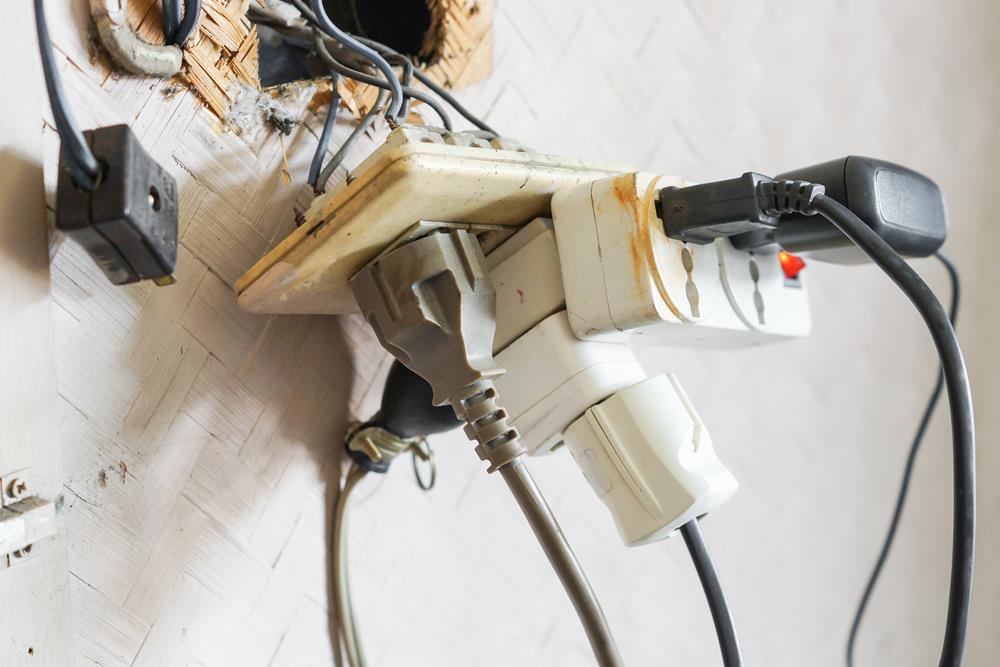Electrical safety standards spark debate for private landlords

Draft regulations to improve electrical safety standards in the private rented sector have now been laid before parliament.
The Electrical Safety Standards in the Private Rented Sector (England) Regulations 2020 will require a resolution of both houses before coming into force, but once in force the changes will apply to all new tenancies going forward, and all existing tenancies within a 1 year grace period.
The draft regulations are currently causing confusion as they state that that they will come into force on 1 June 2020, but will apply to all new tenancies from 1 July 2020, and all existing tenancies by 1 April 2021. The dates will need to be clarified but it is a reasonable presumption that the regulations will be in force and applicable to all new tenancies by 1 April 2020 and all existing tenancies by 1 April 2021.
Current requirements
Landlords in the private rented sector are currently required to keep installations in good repair and proper working order[1] and the Local Authority has the power to take action where there are electrical hazards in a property[2]. However, once the new regulations are in force, landlords will need to be proactive about the electrical safety of their rented properties, rather than simply reacting to defects.
New regulations
The regulations will require that where a new tenancy is needed, the landlord must first (prior to the tenancy commencing) ensure that an electrical safety inspection and testing is carried out. The requirement to inspect and test the electrical safety of a property will apply to all tenancies by 1 April 2021. Then it will be the landlord’s responsibility to ensure that the electrical safety standards are met at any point that the property is occupied, and that the electrical installations are inspected and tested at regular intervals (every 5 years, or more frequently if advised in the most recent electrical test report) by a qualified person.
The landlord will need to:
- obtain a report once the inspection and testing has been completed;
- supply a copy to any existing tenant within 28 days or to any new tenant before they occupy the property; and
- keep a copy of the report until the next inspection and test so that it can be supplied to the person conducting the next test and inspection.
Breaching regulations
Where the report identifies a breach of the electrical safety standards, the landlord has 28 days (or less if the report specifies otherwise) to undertake any further investigative or remedial work.
The local authority can ask a landlord for a copy of the report and the landlord will have 7 days to comply. If the local authority has reasonable grounds to believe that the regulations are being breached, but the report does not identify any urgent remedial actions, they may serve a ‘remedial notice’ requiring the landlord to take action within 28 days, or confirming that remedial action will be taken and the costs recovered from the landlord.
Where the report states that urgent remedial action is required and the local authority is satisfied that the landlord has failed to undertake those works, the local authority may undertake the remedial work and need only give the landlord 7 days’ notice.
The local authority may also impose a fine of up to £30,000 where it is satisfied beyond reasonable doubt that a landlord is in breach of the regulations.
Summary
Landlords have already expressed concerns about the availability of qualified persons who will be willing to undertake this type of work, and the feasibility of getting an inspection done on every existing tenancy over the course of the next year.
The number of households in the private rented sector in 2017 was 4.5 million[3] and while many of those will be excluded from these regulations (such as social housing, HMO’s, long leases, or accommodation shared with the landlord), it is estimated that there could be around 1.9 million properties that require inspection and testing before April 2021.
A mammoth task and invariably, greater cost to landlords. But in view of the ever increasing numbers of people in private rented accommodation, and the growing concerns over electrical safety, the proposed checks and testing are vital in delivering safe homes for all.
Need more information, help or advice? Please contact Rachel Templeman on 0191 211 7814 or email [email protected]
[1] Landlord and Tenant Act 1985[2] Housing Act 2004[3] https://www.ons.gov.uk/economy/inflationandpriceindices/articles/ukprivaterentedsector/2018
